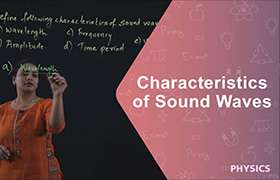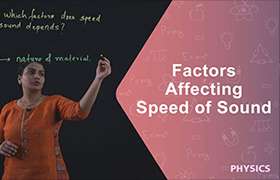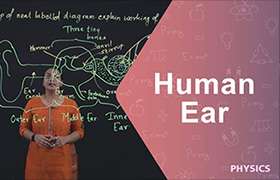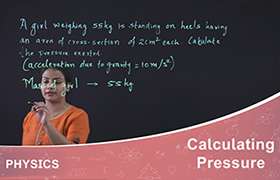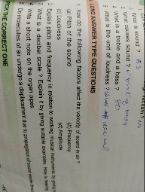ICSE Class 8 Answered
long answer questions.
1)explain the process of melting with the help of kinetic theory
2)what is the kinetic theory of matter?
3)what happens during a change of state?
4)
5)what are some elements that sublime? how does sublimation take place?explain with the help of diagram
Asked by nathsantanukumar | 22 Mar, 2018, 03:29: PM
Kinetic theory of matter expains how molecules/atoms are arranged in different forms of matter i.e., solid, liquid and gas. Also, it explains how the transitions of state like melting, freezing, boiling and condensation takes place.

In solid, molecules are touching and the only motion allowed them is vibration. In most of solids, molecules are arranged regularly as a crystal structure. The moloecules are held in the solid by strong inter moleculer attractive forces.
In liquid molecules are in slight contact with each other but htere are gaps in the strucure. These gaps allow the particles to move freely. Though the inter moleculer attractive forces present in liquid, the particles in the liquid have enough energy to prevent the forces holding them in a fixed arrangement.
In a gas, the particles are entirely free to move because of fairly negligible inter moleculer attractive forces between them. There is a large distance between the molecules
Melting and Freezing: If energy is supplied by heating a solid, the heat energy causes stronger vibrations until the particles eventually have enough energy to break away from the solid arrangement to form a liquid. This is melting of solid. The heat energy required to convert one mole of solid into a liquid at its melting point is called enthalpy of fusion(latent heat). When a liquid freezes, the reverse happens. At some temperature, the motion of the particles is slow enough for the forces of attraction to be able to hold the particles as a solid.
Boiling and Condensing: If more heat energy is suplied, the particles eventually move fast enough to break all the attractions between them and the liquid boils. The heat energy required to convert one mole of liquid into a gas at its boiling point is called the enthalpy of evaporation(latent heat). If the gas is cooled at some temperature the gas particles will slow down enough for the attractions to become effective enough to condense it back into liquid.
Evaporation: The average energy of the particles in a liquid is goverened by temperature. But actually particles have energy distribution. It means some have energy higher than average and some others have energy lower than average. Hence some of the more energetic particles on the surface of liquid can be moving fast enough to escape from the attractive forces holding the liquid together. They evaporate. Evaporation is taking place only at surface of liquid. But boiling taking place throughout the volume.
Sublimation: Sublimation is the direct change from solid to vapour without going through the liquid stage. Solid can also lose molecules from their surface to form a vapour due to sublimation. In most cases, at ordinary temperatures, the force of attraction in many solids are too high to allow much loss of molecules from surface. However, there are some which do easily form vapours. For example, naphtalene has quite a strong smell. Molecules must be breaking away from the surface as vapour, otherwise we may not be able to smell it
Answered by Thiyagarajan K | 25 Mar, 2018, 02:21: PM
Application Videos
Concept Videos
ICSE 8 - Physics
Asked by shanvi.m.gupta | 13 Mar, 2024, 12:26: AM
ICSE 8 - Physics
Asked by porwalvny | 03 Mar, 2024, 09:35: AM
ICSE 8 - Physics
Asked by sumanayak76 | 29 Dec, 2023, 04:51: PM
ICSE 8 - Physics
Asked by mayapriya.chowdhury9 | 18 Dec, 2023, 09:29: PM
ICSE 8 - Physics
Asked by ahanabhammarkar5b | 09 Dec, 2023, 09:41: PM
ICSE 8 - Physics
Asked by papur6326 | 12 Jul, 2023, 06:45: PM
ICSE 8 - Physics
Asked by shashikant | 03 Jul, 2023, 07:30: PM

